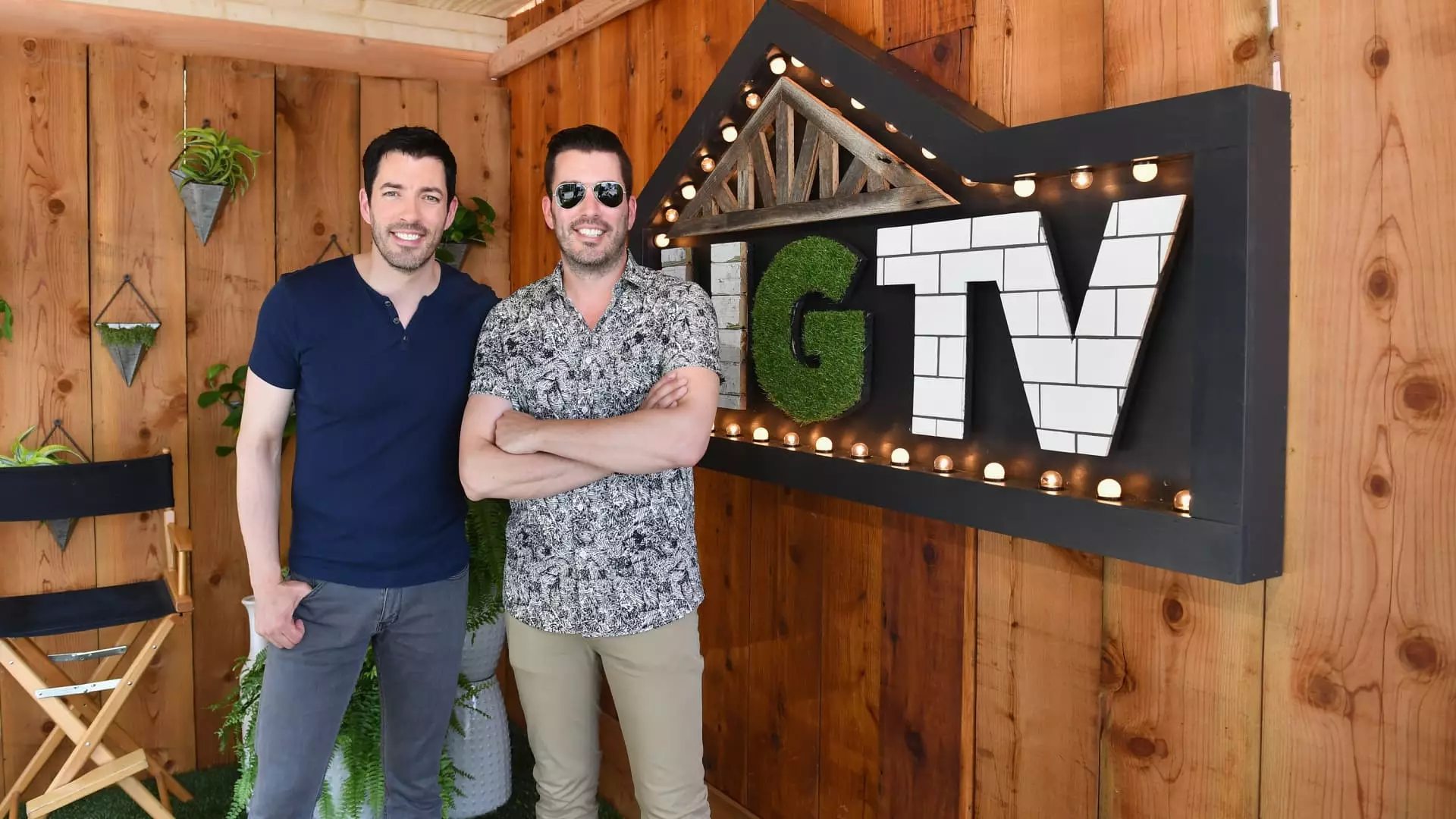In today’s real estate landscape, potential homebuyers are grappling with a significant hurdle: the pervasive housing shortage. Drew Scott, co-host of the popular HGTV show “Property Brothers,” accentuated this issue during a recent CNBC event. The eye-opening statistic reveals that there is currently a deficit of approximately 4 million homes in the U.S., a fact that many individuals may not fully comprehend. The implications of this shortage are wide-ranging, influencing not just those looking to buy but also exacerbating the crisis for the unhoused population. Jonathan Scott, Drew’s brother and co-host, emphasizes how this scarcity impacts all facets of the housing market, creating a ripple effect that heightens prices and limits availability.
As of the second quarter of 2024, the median sales price for homes in the United States stands at $412,300, a decrease from the previous quarter. However, prices are still climbing considerably from low points in the previous years, indicating a volatile marketplace driven by a lack of inventory. According to data from the Federal Reserve, even as some signs of recovery emerge—such as a slight uptick in home construction—fear looms over the long-term affordability for younger generations. Jonathan Scott poignantly stated that without an immediate turnaround in housing production, future homeownership could become a fantasy for many young adults.
The new construction sector has seen slow expansion, with only 1,027,000 single-family homes starting construction in September 2023. Although this figure reflects growth, it remains insufficient to meet demand. A combination of factors, including a phenomenon known as the “lock-in” effect, has prevented many homeowners from listing their homes for sale, further limiting the options available to prospective buyers. During the pandemic, homeowners capitalizing on historically low mortgage rates have hesitated to sell, even when they might otherwise want to upgrade or relocate.
Despite the discouraging economic climate surrounding home purchases, the Scott brothers assert that buying a home should be viewed as a long-term investment rather than a short-term decision. The recent CoreLogic report highlights that U.S. homeowners with mortgages hold over $17.6 trillion in homeowner equity, a testament to the value that real estate can generate over time. Even with the current struggles, the increase in home equity is a sign of potential wealth accumulation for those able to navigate the market.
In light of these challenges, the brothers suggest creative solutions for prospective buyers, such as teaming up with family members or friends to purchase property together. Such arrangements could mitigate costs while still allowing buyers to enter the market. Ultimately, the ongoing volatility within the housing sector calls not only for awareness but for determined strategies that can help aspiring homeowners better position themselves for success in a challenging environment.
As the landscape continues to evolve, individuals looking to buy must remain vigilant, informed, and prepared to embrace innovative strategies to overcome the obstacles that define today’s housing market.

